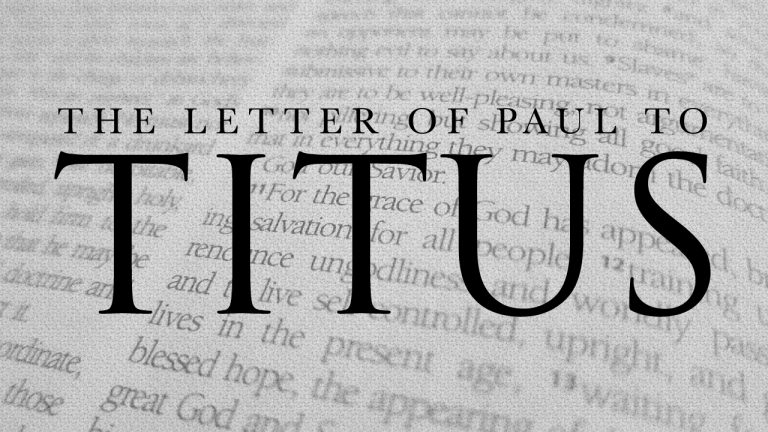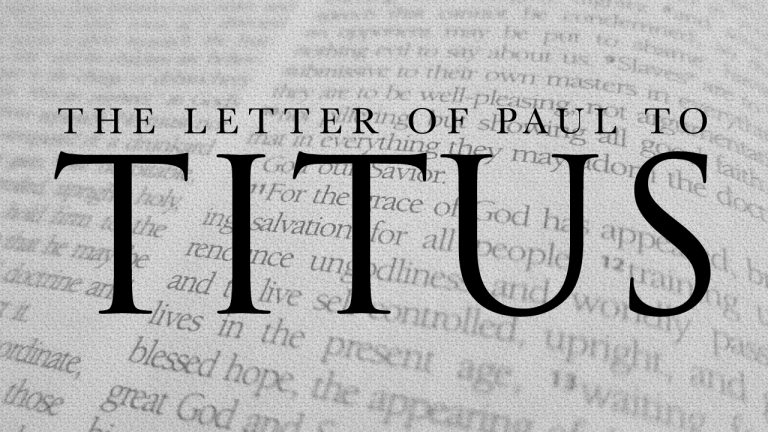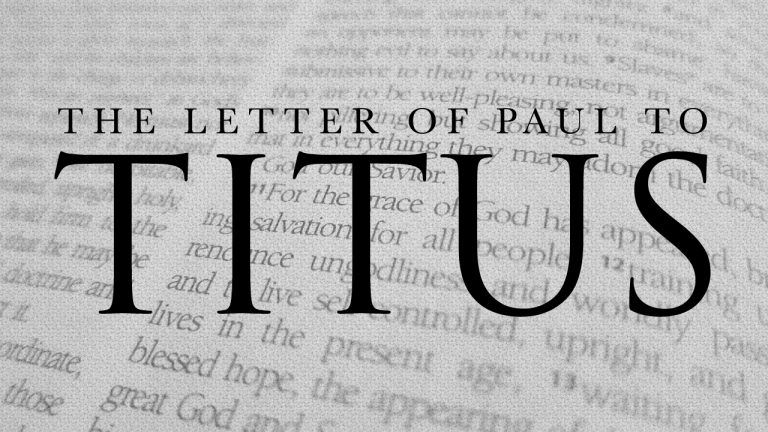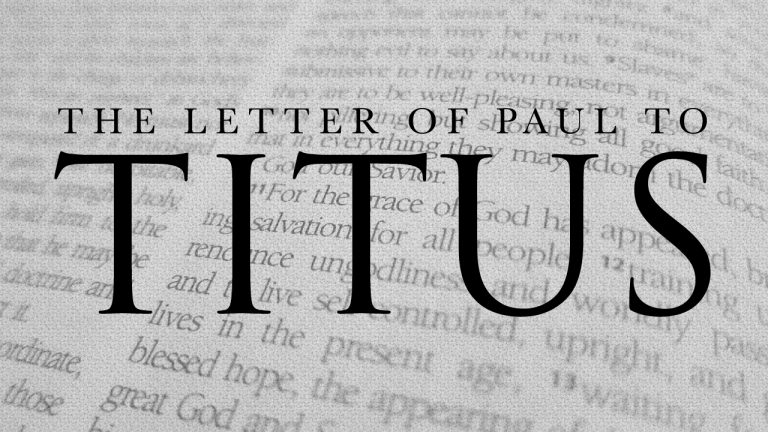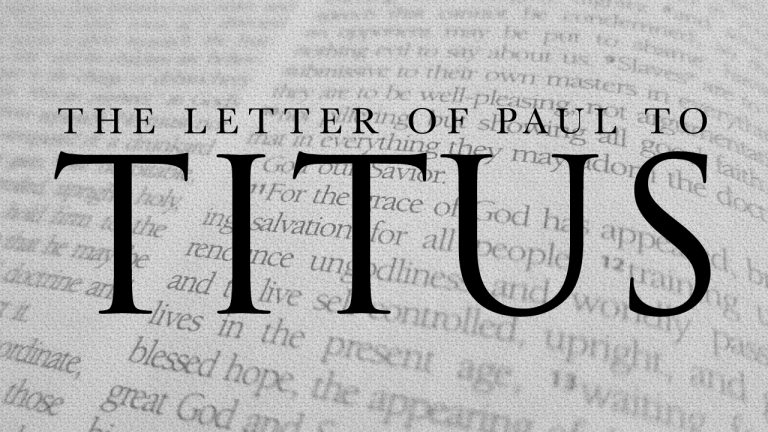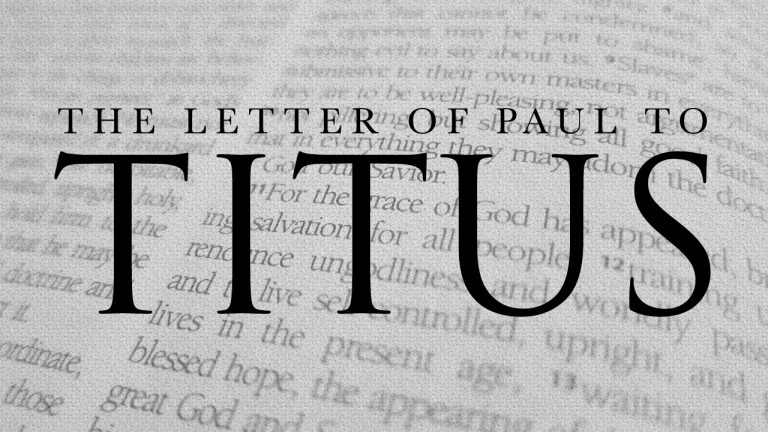
Ancient Anglican
A Modern Perspective on Early Christian Thought.
New on the Blog
Works of Love – Week 1(b) – Neighbor Love
This duty to love is blind to the identity of the beloved. Because of the imperative “shall”, this love is given unconditionally and equally to all persons without any distinctions. When we do our duty to love, we find our neighbor.
Works of Love – Week 1(a) – God’s Triumphant Love
God becomes human not only to show his love for us but so we may fully reciprocate that love towards him.
Titus – Week 3(b) – Titus 3 (Grace)
He saved us, not because of deeds done by us in righteousness, but in virtue of his own mercy, by the washing of regeneration and renewal in the Holy Spirit, which he poured out upon us richly through Jesus Christ our Savior,
Titus – Week 3(a) – Titus 3 (Politics and the Church)
Remind them to be submissive to rulers and authorities, to be obedient, to be ready for any honest work, to speak evil of no one, to avoid quarreling, to be gentle, and to show perfect courtesy toward all men.
Titus – Week 2(b) – Titus 2 (The Ransom of the Cross)
For the grace of God has appeared for the salvation of all men, training us to renounce irreligion and worldly passions, and to live sober, upright, and godly lives in this world
Titus – Week 2(a) – Titus 2 (Household Codes)
Show yourself in all respects a model of good deeds, and in your teaching show integrity, gravity, and sound speech that cannot be censured, so that an opponent may be put to shame, having nothing evil to say of us.
Titus – Week 1(b) – Titus 1 (Godly Leadership)
To the pure all things are pure, but to the corrupt and unbelieving nothing is pure; their very minds and consciences are corrupted.
Titus – Week 1(a) – Titus 1 (An Introduction)
To Titus, my true child in a common faith: Grace and peace from God the Father and Christ Jesus our Savior.
2 Timothy 4:9-22 – A Farewell
The laborers in the vineyard are seldom remembered, but their work continues to bear fruit after they have gone.
2 Timothy 4:1-8 – Keep Calm and Carry On
Like Timothy, there are those times in life when we just don’t feel like it and Paul is saying continue on anyway.
2 Timothy 3:10-17 – Inspired Scriptural
For Paul, the Scriptures aren’t merely God’s dictation to the respective author or editor, but are alive with truly inspired – being filled with the very spirit and breath of God that we first meet hovering over the waters at Creation (Gen 1:2).
2 Timothy 3:1-9 – The Last Days
These verses should compel us to only speak of such godless people in the first person singular.



